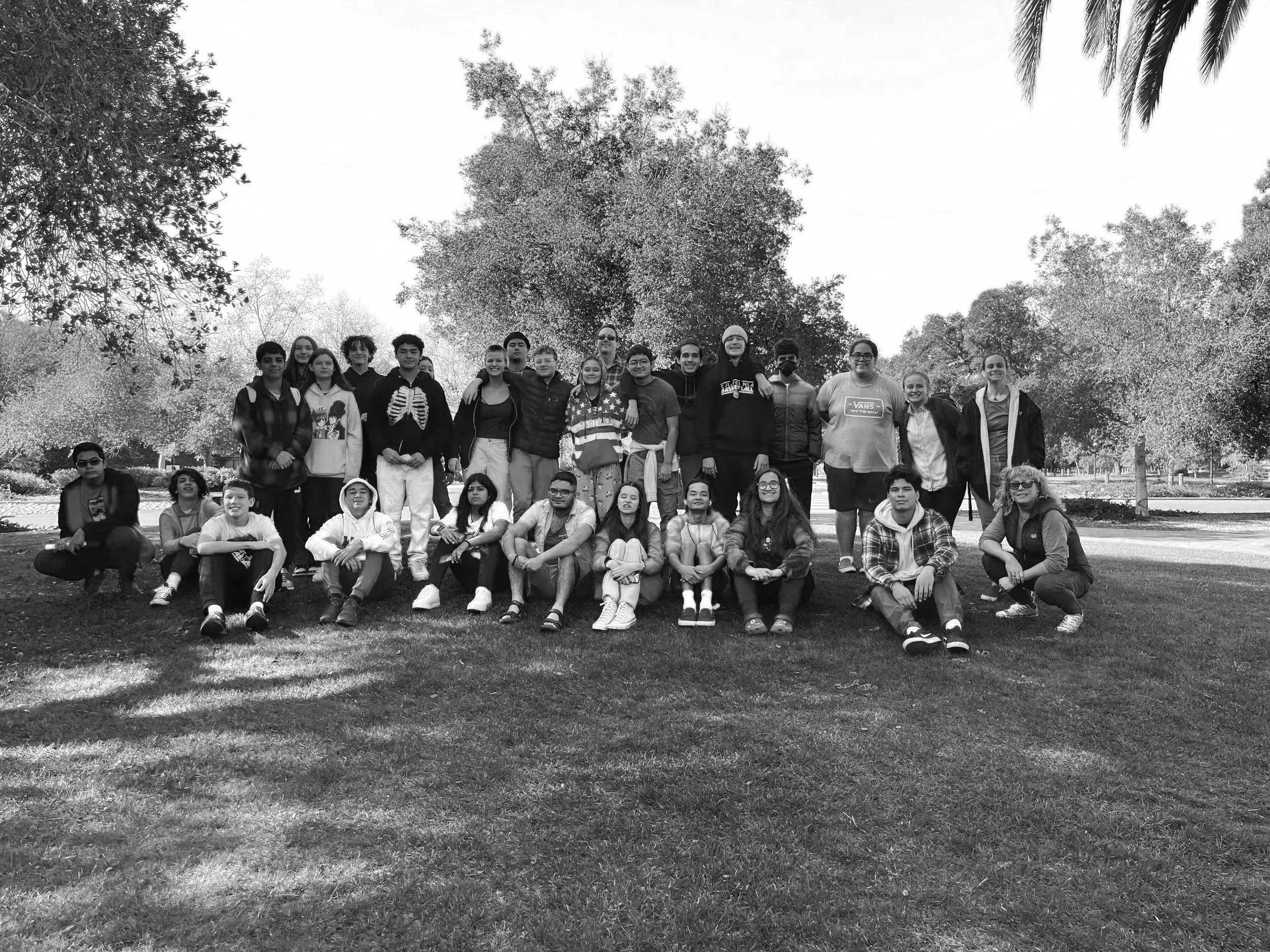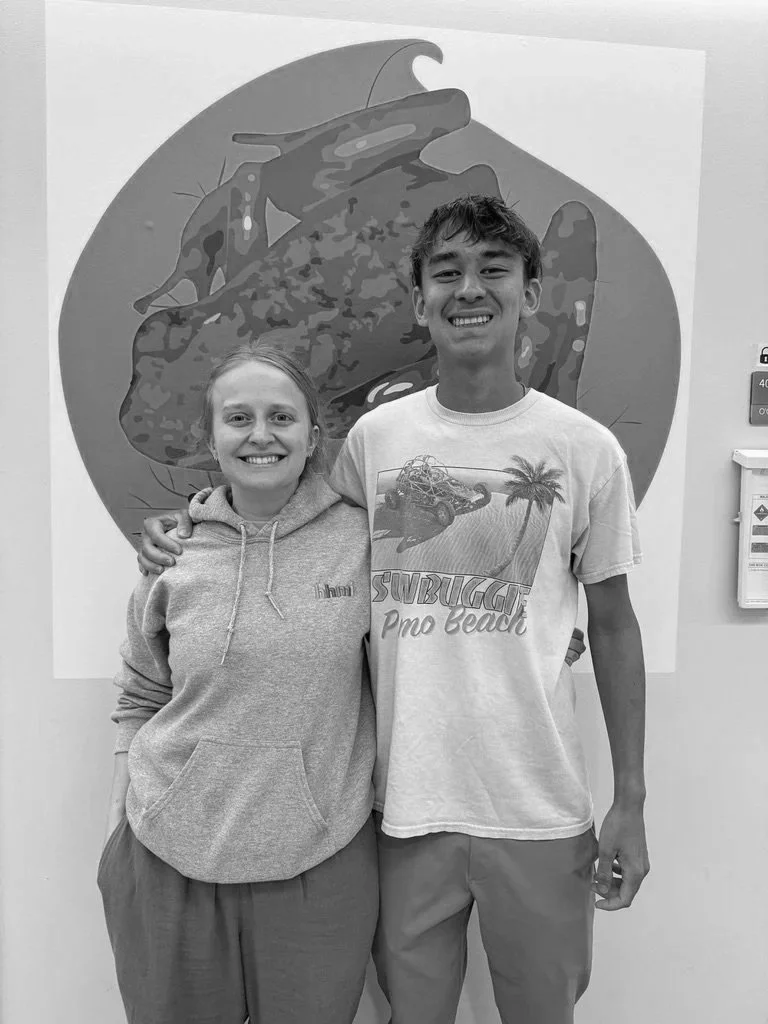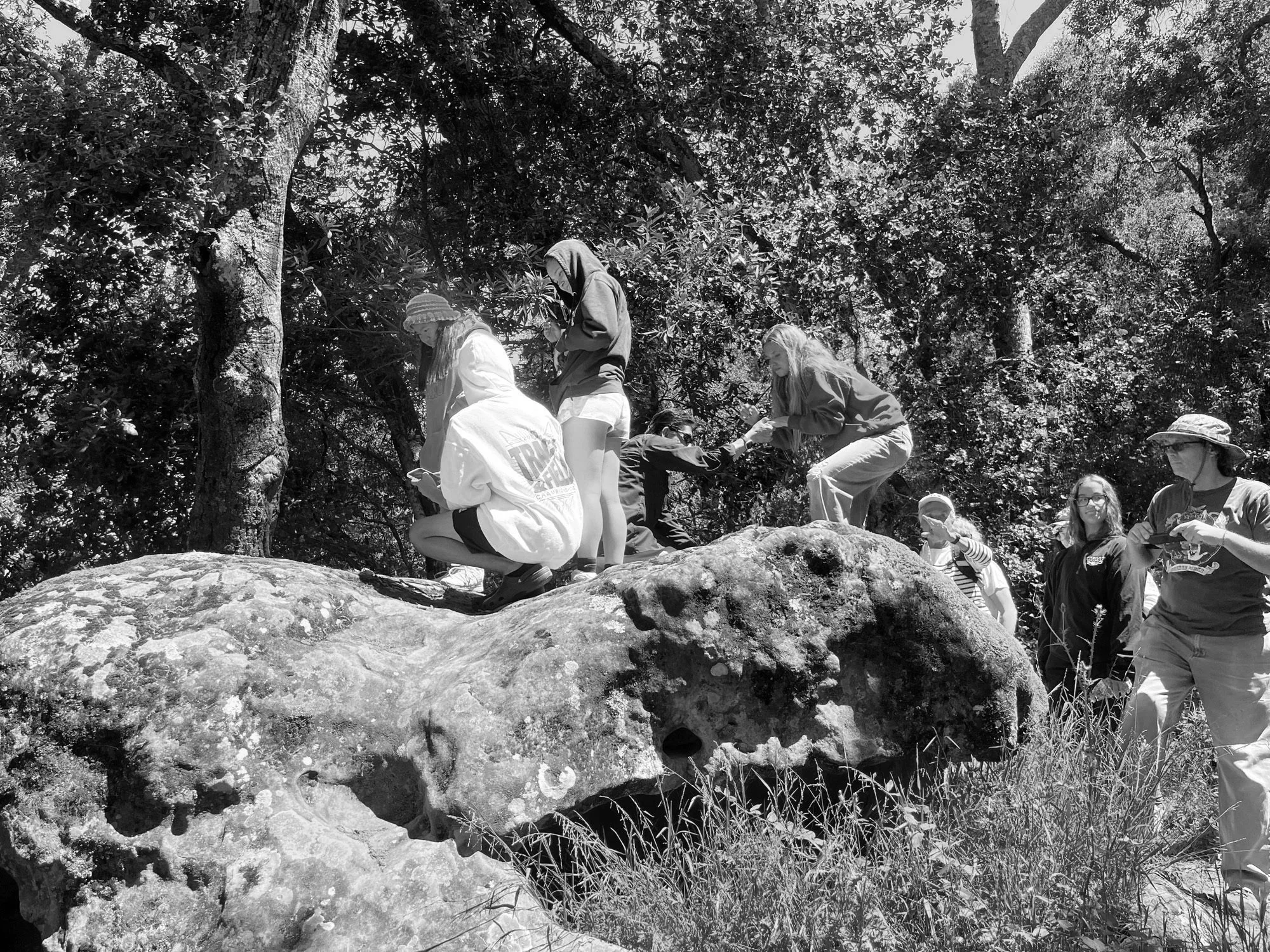A science for all is better science.
As a hard-of-hearing scientist, I owe a lot of my persistence and success in STEM to my community that invested in me. Community building is a major component of my teaching philosophy, as community gives us roots to grow.
I cofounded and run BioBUDS (Building Up Developing Scientists) with a cohort of other incredibly talented graduate students interested in improving grad student pedagogy, illuminating the hidden curriculum of academia, and establishing a space where generations of scientists (undergraduates, graduates, postdocs, and faculty) connect in meaningful ways.
Over 11 quarters, bioBUDS has served:
-120 undergraduate students
-151 graduate students and postdocs
From our students:
“I think the way the course is run is done uniquely in a way that allows students to really take action and charge of their own scientific journey.”
“I always left the room knowing something new whether it was research or just being a college student in general.”
“I feel more connected with STEM in general because of the guidance I've received and the kindness I've been shown. Above the science, I feel connected to the people.”
To explore our work more, visit our biobuds website.
With California School for the Deaf, Stanford University, and the Jasper Ridge Biological Preserve ‘Ootchamin ‘Ooyakma we make field trips accessible in American Sign Language, where we discuss Californian microclimates, the fight against invasive plants and animals, and the importance of retaining Indigenous stewardship.
Exposure to scientists sharing my identities gave me clarity that a career in science was not only possible, but inevitable.
Second, science is our advocacy tool for social change.
In addition to BioBUDS, I established a partnership with the California School for the Deaf (CSD) science department, where I currently volunteer with their science department. We reconstructed the school’s curriculum to include updated scientific topics and experiments, such as in-class gel electrophoresis and synthetic cell biology.
In my PhD, I’ve mentored at least 10 undergraduates, 3 graduate students, and 1 high school student. Here I am with Sevan, who graduated California School for the Deaf and worked with me as a research assistant in Summer ‘25 (now at Gallaudet University studying biotechnology). Our entire research experience used ASL. Sevan’s work established a pipeline on FMR1 in poison frogs.




